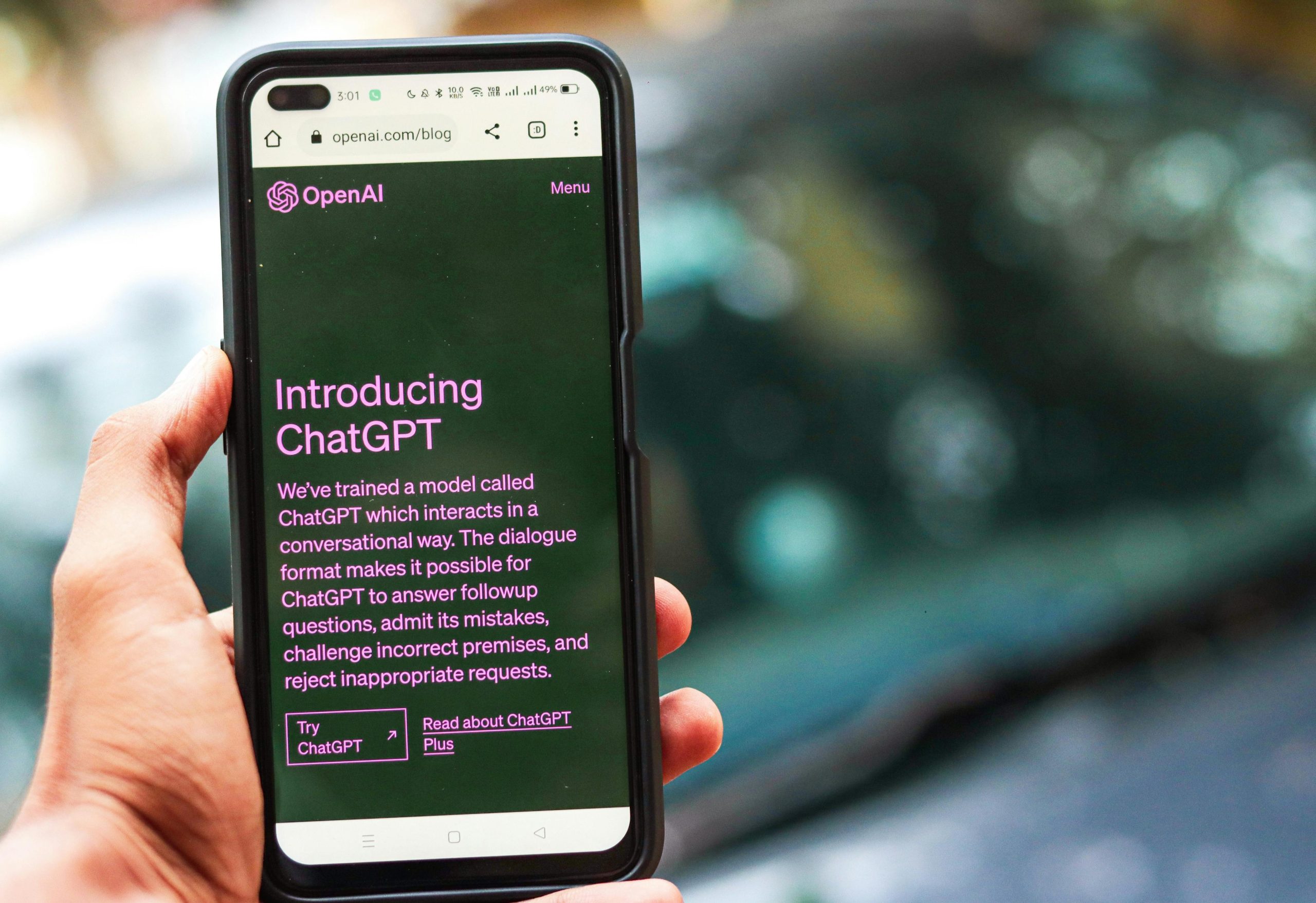We wrong about Google and we will be wrong about open AI
Rethinking Our Perceptions of Tech Giants: Lessons from Google and the Impact of OpenAI
In today’s rapidly evolving digital landscape, the influence of major technology companies has become undeniable. Historically, Google revolutionized how we access information, but not without bringing certain unintended consequences. As we look toward the future with OpenAI and similar organizations, it’s crucial to critically examine their potential impact on our online experiences and the broader digital ecosystem.
The Google Era: A Double-Edged Sword
Google’s ascent transformed the internet into an easily navigable repository of knowledge. However, this convenience came with trade-offs—an increased dominance of advertising-driven models, concerns over privacy, and the deterioration of organic, diverse content. Many users and critics argue that Google’s algorithms and business practices have, at times, limited genuine discovery, fostering a monopolistic environment that prioritizes certain results over others. In this way, Google has profoundly reshaped our online experience—sometimes for better, often for worse.
The Rise of OpenAI and Automation
With the advent of OpenAI and similar organizations pushing advancements in artificial intelligence, a new paradigm is emerging. These AI tools promise to revolutionize productivity, automation, and accessibility. However, there is an increasing concern that these technologies may be wielded to create over-controlled, restrictive digital spaces—mirroring some of the pitfalls seen with Google.
Potential Challenges and Risks
Many skeptics worry that widespread adoption of AI-driven platforms could lead to environments characterized by frustration, limited user agency, and homogenized content. If AI systems are designed without careful oversight, they risk prioritizing efficiency over user experience, potentially stifling creativity, diversity, and genuine engagement.
The Importance of Vigilance
As consumers and creators, it’s essential to remain vigilant about how these powerful tools are integrated into our digital lives. Recognizing the potential for control and restriction allows us to advocate for transparency, user-centric design, and open alternatives. Just as the internet benefited from critical engagement with legacy platforms, we must foster an ecosystem that prioritizes user rights and diversity.
Conclusion
History offers valuable lessons: every major technological breakthrough introduces both opportunities and challenges. By learning from the limitations of Google’s influence, we can better navigate the unfolding landscape shaped by OpenAI and similar innovations. Our collective responsibility is to ensure that progress enhances user experience without sacrificing autonomy or diversity. Thoughtful engagement and ongoing critical scrutiny will be key to shaping a digital future that serves all members of














Post Comment